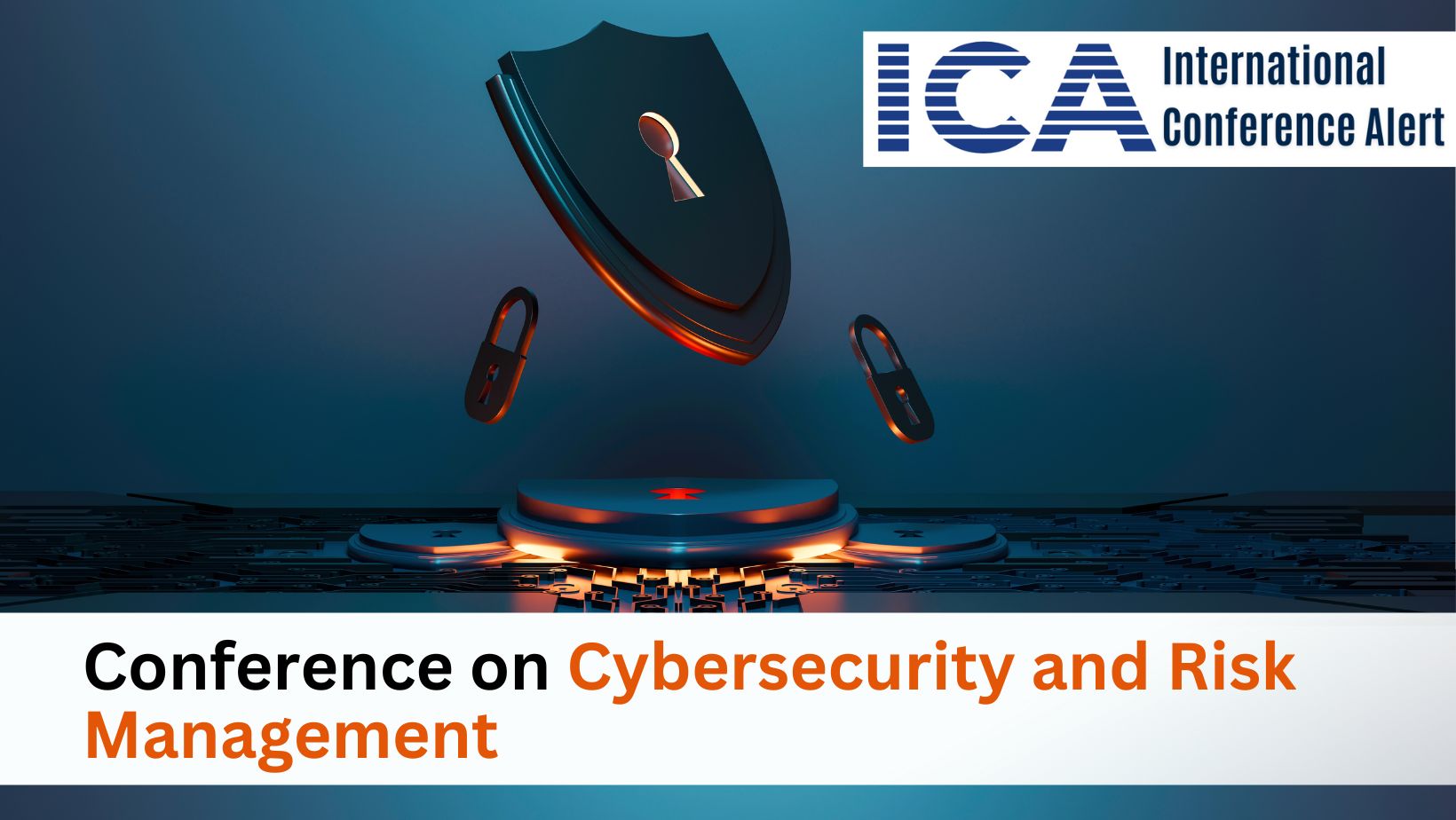Cybersecurity and risk management are two of the most important and challenging aspects of running a business in the digital age. Cyberattacks are becoming more frequent, sophisticated, and damaging, targeting not only data and systems but also reputation and trust.
Cyber risks can also arise from human factors, such as negligence, error, or malice. Therefore, it is essential for businesses to adopt a proactive and comprehensive approach to cybersecurity and risk management, that covers not only technical aspects, but also organizational, legal, and ethical aspects.
How to Protect Your Data and Assets!
Data and assets are your most valuable resources. Don’t let cyber threats and risks compromise them. Learn how to protect them with the best practices and solutions in cybersecurity and risk management.
There are many ways to protect your data and assets, depending on the type, location, and sensitivity of your data and assets.
The common methods are:
Encryption: Encryption is the process of transforming data into an unreadable format that can only be decrypted by authorized parties who have the correct key. Encryption can protect your data at rest (stored on devices or servers) or in transit (transferred over networks or the internet). Encryption can prevent unauthorized parties from reading or modifying your data, even if they manage to access it.
Backup: Backup is the process of creating copies of your data and storing them in a separate location from the original data. Backup can protect your data from accidental deletion, corruption, or loss due to hardware failure, natural disaster, or cyberattack. Backup can help you restore your data in case of an emergency or disaster.
Authentication: Authentication is the process of verifying the identity of a user or device that tries to access your data or assets. Authentication can prevent unauthorized parties from accessing your data or assets by requiring them to provide valid credentials, such as a username and password, a biometric feature, or a security token.
Authorization: Authorization is the process of granting or denying access rights to your data or assets based on the identity and role of a user or device. Authorization can prevent unauthorized parties from accessing your data or assets by restricting them to specific actions, such as read-only, write-only, or full access.
Firewall: A firewall is a software or hardware device that monitors and controls the incoming and outgoing network traffic between your devices and the internet. Firewalls can protect your devices and data from cyberattacks by blocking or allowing traffic based on predefined rules, such as source, destination, protocol, or port.
Antivirus: Antivirus is a software program that detects and removes malicious software (malware) from your devices. Malware is a type of software that can harm your devices or data by performing unwanted actions, such as stealing information, deleting files, encrypting data, displaying ads, or spreading to other devices. Antivirus can protect your devices and data from malware by scanning them regularly and removing any suspicious files.
These are some of the common methods to protect your data and assets. There are many more methods that you can use depending on your specific needs and preferences. For example, you can use masking, hashing, tokenization, digital signatures, VPNs, IDS/IPS, DLPs, etc.
The best way to learn about the latest trends, challenges, and solutions in cybersecurity and risk management is to attend a conference that brings together experts, practitioners, and vendors from various domains and industries.
A conference can provide you with valuable insights, best practices, case studies, and networking opportunities that can help you enhance your knowledge, skills, and strategies in cybersecurity and risk management.
If you are looking for a conference that suits your needs and interests, you might find it challenging to choose from the many options available in different locations, formats, and themes. That’s why we suggest using Conference Alerts, a website that helps you find and register for the best conferences in your field of interest.
Conference Alerts allows you to search for conferences by topic, location, date, or keyword. You can also subscribe to receive free email notifications about upcoming conferences that match your preferences.




